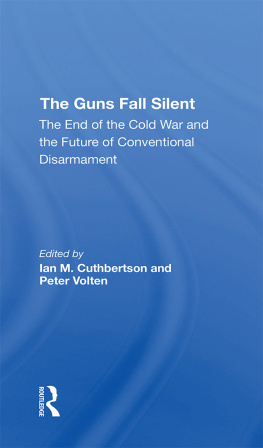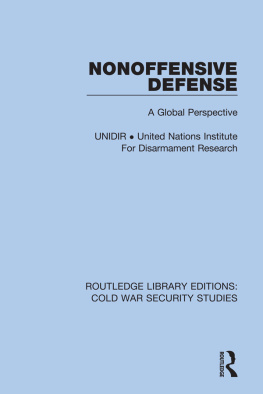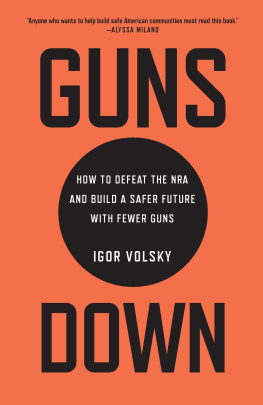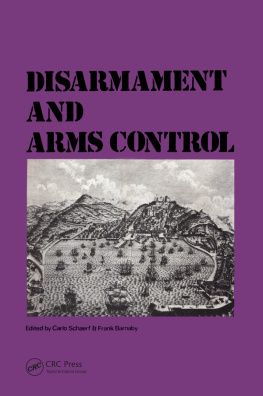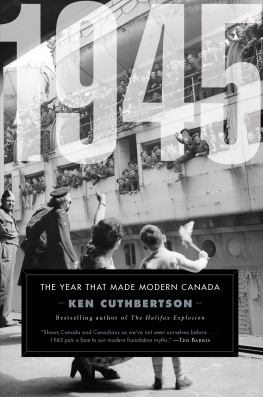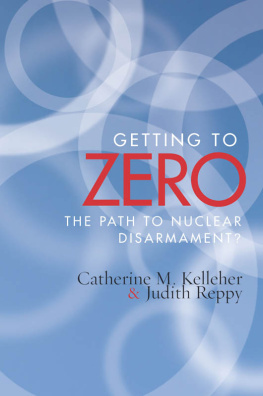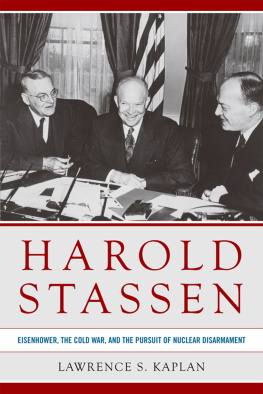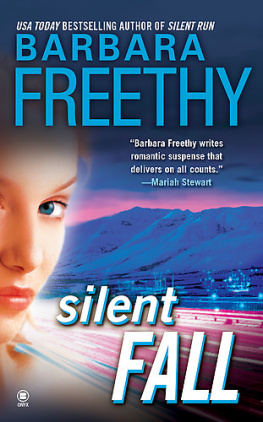First published 1990 by Westview Press
Published 2019 by Routledge
52 Vanderbilt Avenue, New York, NY 10017
2 Park Square, Milton Park, Abingdon, Oxon OX14 4RN
Routledge is an imprint of the Taylor & Francis Group, an informa business
1990 by the Institute for East-West Security Studies
All rights reserved. No part of this book may be reprinted or reproduced or utilised in any form or by any electronic, mechanical, or other means, now known or hereafter invented, including photocopying and recording, or in any information storage or retrieval system, without permission in writing from the publishers.
Notice:
Product or corporate names may be trademarks or registered trademarks, and are used only for identification and explanation without intent to infringe.
The Guns fall silent / by Stephan Kux... [et al.]; Peter Volten and
Ian M. Cuthbertson, eds.
p. cm. (Occasional paper series; 17)
ISBN 0-913449-18-0: $7.95. ISBN 0-8133-8087-1 (Westview)
1. EuropeDefenses. 2. Arms control. 3. EuropeArmed Forces.
I. Kux, Stephan. II. Volten, Peter M. E. III. Cuthbertson, Ian M.,
1957 . IV. Series: Occasional paper series (Institute for East
-West Security Studies); 17.
UA646.G86 1990
355'.03304dc20 90-4895
CIP
ISBN 13: 978-0-367-29275-1 (hbk)
The Institute decided in 1988, as part of its Task Force on Seeking Security in the 1990s, to establish a Working Group on Conventional Arms Reductions and Stability, under the chairmanship of Professor Dr. Karl Kaiser of the Deutsche Gesellschaft fur Auswrtige Politik, Bonn. Over the last two years the Working Group has held a series of meetings in both Eastern and Western Europe and this volume represents the culmination of its work.
It is hard to believe that when the Group first met in Budapest in the autumn of 1988, the MBFR negotiations were coming to their close, the mandate for the Vienna CFE negotiations had not been agreed, and the prospect seemed to be for a long and tortuous negotiation. There was also a great deal of pessimism on the ability of the 23 participant nations in the upcoming CFE negotiations to reach agreement on numbers and definitions of weapons, as well as their ability to verify any reductions which might be agreed upon. Since then, the question has become when there will be a CFE agreement, not if there will be one, and more and more attention is now being focused on the next stage in the reduction process.
The work of the Group has always sought to reflect this change in the outlook for conventional arms reductions. The Working Group brought together leading arms control specialists from both alliances, together with government officials and other disarmament experts, with the objective of including as wide a range of expertise as possible in the Group's meetings. The Group was successful in achieving this aim. There is no doubt that from the Group's initial meeting in Budapest, which for the first time brought together senior military commanders in operational posts in NATO and the WTO, an invaluable informal network was created among those involved in the area of conventional arms control. These informal contacts played a worthwhile part in facilitating the rapid progress which we have witnessed in both the formal negotiations in Vienna and the informal consultation process between the various capitals involved.
The work of the Group has covered a wide range of topics, both those under negotiation in the Vienna talks and other important related issues such as military doctrines and the impact of new military technology on the conventional balance. The Group has also had to cope, during its short life, with the unprecedented changes which have taken place in the European military and political landscape, both within Eastern Europe and the Soviet Union, and between East and West. This has presented the Group with a unique challenge, one it was able to meet successfully as its agenda adapted to take account of the new situation in Europe. In all of its work, the Group's objective remained consistent. It was always to identify common ground between the various participants in the Working Group, and develop workable approaches to the various issues under discussion, ones which could be used in both the policy debate in capitals and the negotiating process at the Vienna talks. The success of the Group may best be judged by the fact that many of the topics which it first discussed were later taken up in the negotiations themselves.
Without Karl Kaiser's sterling work in the initial activities of the Group the original and thought-provoking papers prepared for the five meetings of the Group, a number of which are published here, would not have been brought together. It is only by putting these papers side by side that it becomes possible to carry out a comparative study of the ideas they contain. Dr. F. Stephen Larrabee, as Director of Studies at the Institute for East-West Security Studies during the initial part of the Group's work, also made an invaluable contribution.
The Institute for East-West Security Studies would like to thank the Carnegie Corporation, the W. Alton Jones Foundation and the Weyerhaeuser Family Foundation for their generous financial support of the Vienna conference and of this publication. A special thanks is extended to Miriam and Ira D. Wallach for their generous contribution. The Institute is grateful to Peter B. Kaufman, Mary Albon, Charlotte Savidge, Jan-Willem Honig and Jonathan Bach for their hard work in producing this high-quality publication in such a short time.
I would also like to thank the various Institutes and organizations which have acted as hosts to the Working Group's meetings, the Hungarian Institute of International Affairs, the Royal Institute of International Affairs, Stiftung Wissenschaft und Politik, Austrian Institute for International Affairs, and the Swedish Ministry of Foreign Affairs. Without their support, holding the Group's various European meetings would have been all but impossible. Finally, I am particularly grateful to Ian Cuthbertson and Peter Volten who, not only as editors of this volume but in countless other ways, have ensured the effective and smooth working of the Group.
It is our hope that the forward looking ideas contained in this volume will contribute to both the early completion of the current negotiations and to future negotiations on conventional disarmament.
John Roper
Chairman, Working Group
on Conventional Arms
Reductions and Stability
Paris, May 1990
Institute for East-West Security Studies Working Group on Conventional Reductions and Stability

